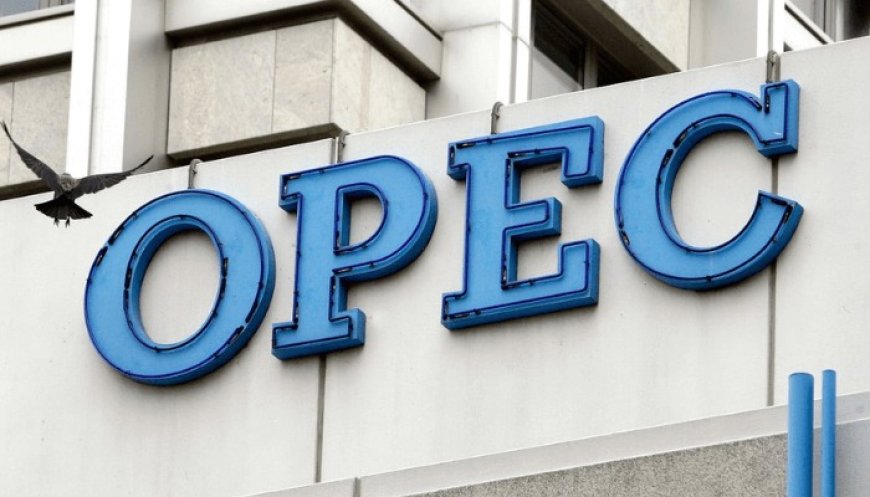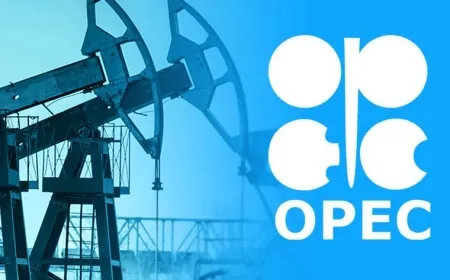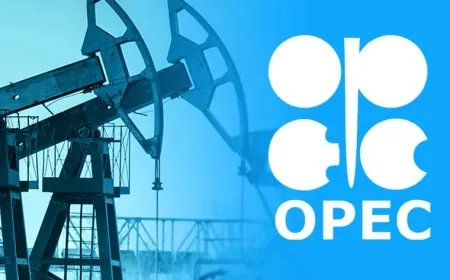OPEC Affirms Strong Oil Demand Growth Projections for 2024-2025
Organization Raises Economic Growth Forecasts Amidst Upside Potential

The Organization of the Petroleum Exporting Countries (OPEC) has reiterated its optimistic outlook for global oil demand, projecting significant growth in 2024 and 2025. In its latest monthly report released on Tuesday, OPEC maintained its previous forecasts of a 2.25 million barrels per day (bpd) increase in oil demand for 2024 and a 1.85 million bpd rise for 2025.
Alongside reaffirming its demand projections, OPEC revised its economic growth forecasts upwards for both years, citing the potential for further expansion. The organization highlighted the possibility of increased economic growth providing additional momentum to oil demand. OPEC noted a positive trend in global economic growth, prompting a slight adjustment of 0.1 percentage points in its economic growth forecasts for 2024 and 2025.
Despite ongoing geopolitical tensions and supply disruptions contributing to bolstered oil prices, concerns regarding high interest rates persist. Brent crude was reported to be trading around $82 a barrel, marking a 0.5% increase.
OPEC's forecast for oil demand growth in 2024 surpasses that of the International Energy Agency (IEA), which is expected to update its forecasts soon. The contrasting views between OPEC and the IEA on long-term demand trends continue, with the IEA projecting oil demand peaking by 2030 as the world transitions to cleaner energy, a perspective OPEC disputes.
OPEC Secretary General Haitham Al Ghais expressed confidence in OPEC's long-term demand outlook, which extends to 2045 and foresees no peak in demand.
Since late 2022, OPEC, along with the wider OPEC+ alliance, has implemented a series of output cuts to stabilize the market. A new round of voluntary output cuts for the first quarter took effect last month, resulting in a 350,000 bpd reduction in OPEC oil production.
The latest report underscores OPEC's commitment to monitoring global oil market dynamics and adjusting its forecasts accordingly to support market stability and meet demand expectations.
Also Read: Oil Prices Drop After Weekly Gain as Iran Indicates Progress in Gaza Talks






























































